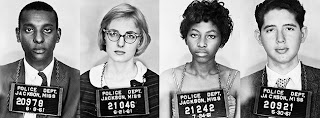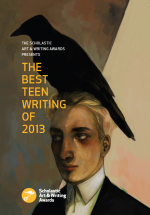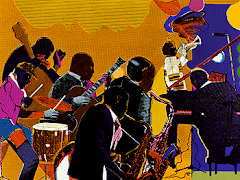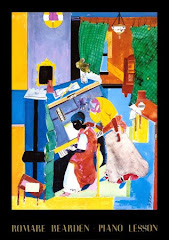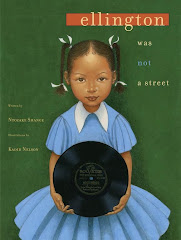 |
| Hanging Terrance Hayes' Carp Poem |
 |
| This is my mom hanging up one of our poetry butterflies |
 |
| I am large. I contain multitudes. Walt Whitman looks magnificent. |
 |
| Our butterflies before hanging. |
Last Friday, I went to the Paul Robeson House for a poetry event. While I was there, I saw the son of a local poet-KWW. This boy was about 10 and very commanding. He was video-recording the event. I have literally observed his growth from the time he was about 2, until now, and always in the company of poets. I was thinking, though I was five years older than he, how so similar we are and how blessed we are to have been dragged to bookstores, art galleries, playhouses, open houses, backyards, parks and every conceivable venue by our mothers to hear their poetic voices and those of their peers. I’ve learned first hand, with a front-row seat how wordsmithing saves lives, keeps insanity at bay and gives you a life mission. I grew up, to paraphrase a Ntozake Shange poem, in the company of people whose poetry added some humanity to our world.
Above are photos of me and my mother, Octavia McBride-Ahebee, hanging the poetry butterflies in our cherry trees that we made yesterday to celebrate Poetry Month. The butterflies are filled with poems by Terrance Hayes, Nikki Givonnai, Derek Walcott and Walt Whitman to name a few. We sat on the patio, wearing our afghans, and watched for the reactions from our community members to our poetry butterflies. We watched a woman pushing what looked liked two weeks of laundry, followed by her crew of babies, stop and laugh before one of our butterflies. She laughed because she remembered Nikki and Ego Tripping and she stood there and read to her children, with attitude and all. That alone has made our year and given us enough magic to be so generous.
My mom’s second collection of poetry, Where My Birthmark Dances, is coming out in July and will be published by Finishing Line Press. I am so proud to share that I did the artwork for the cover. I know every poem in this book. I have imagined the frustration of a Haitian father selling his body to buy food for his family. I have imagined the urgency of Opportune, a child, whose mother has left her to work as a nanny in the US Abidjan
Where My Birthmark Dances is an emotional trip and one that will carry you to a place where you will think and act. Order the book today. It comes out July 23, but ordering now determines the number of books printed during its pressrun. Simply click on the link below the photo of my mom and the book and then scroll down and order.
Here’s a poem from the collection that I find so haunting.
Deliver Me From The Hands of Strange Children
By Octavia McBride-Ahebee
On the Day of the Dead,
On the day we plead on their behalf,
he *naked me,
stripped my body
in front of carved saints, elegantly stoic
cloistered in their own uselessness
he naked me
in front of bands of soldier boys, spellbound and spoiled,
wearing their sisters' dresses and their mothers' wigs
their necks encased in feather boas and forest paint
their waists jeweled with the feces of Cold War arsenals
in a church garden wild with perfume
under a bush plum tree
the kind we make our Christmas pudding from
he naked me
he naked me
as I quietly pleaded to the holy queen
as he told me her ears were stuffed with cassava leaves
and her son's many failures
as he pissed his discontent in my face
he laid me beneath a neighboring mango tree
magnificent in its promise to shield
and he used a bayonet like a crochet hook
pushing through my vagina
in search of hidden bounty
in search of buried cell phones and soiled cash
pulling from its walls only prayer beads
christened by frightened menses
for such a gross disappointment
he placed mary's head
machete-sharpened and faceless
in there instead
-end-
*Naked, used as a verb, is a Liberian description of the military tactic employed by boy soldiers in which they stripped civilians, particularly women, of their clothing as a means of humiliation.
 |


